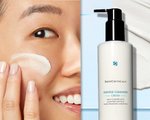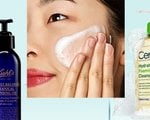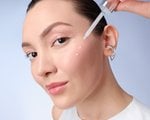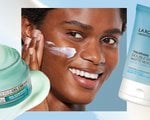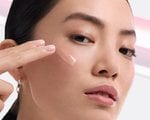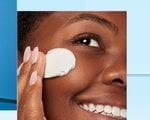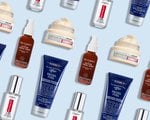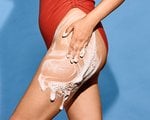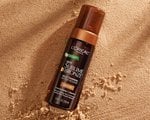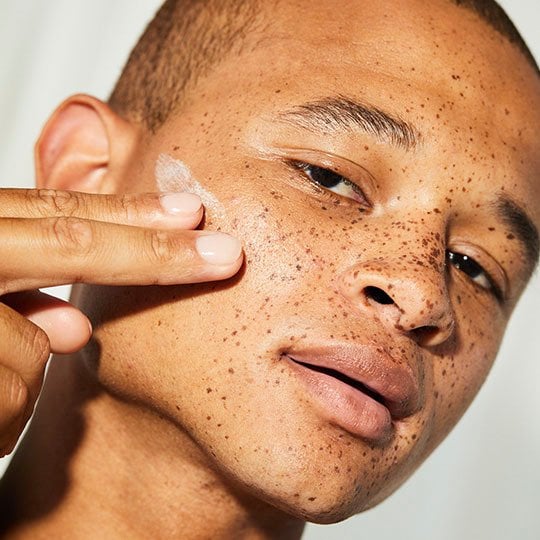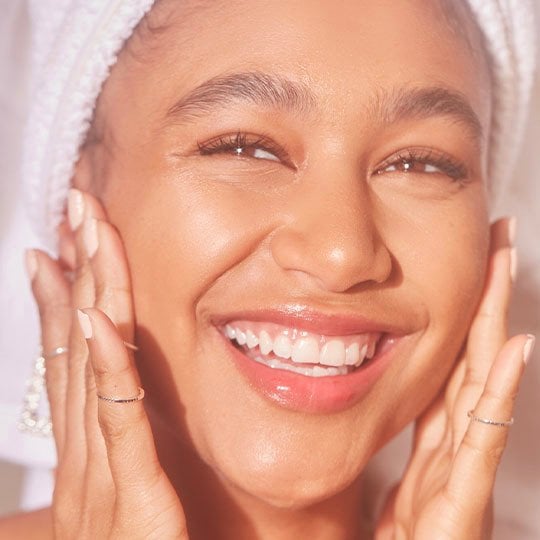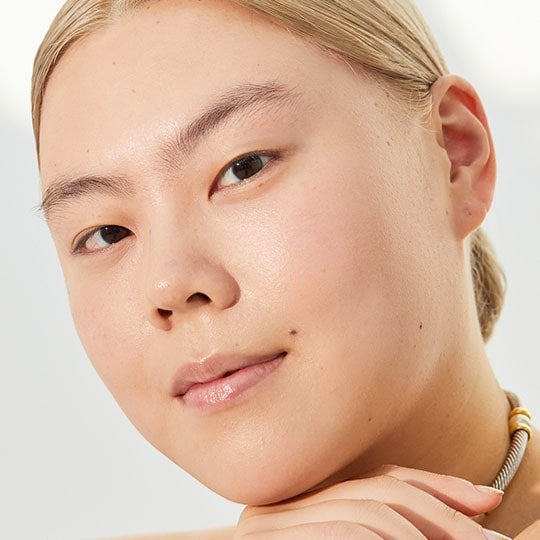When Should You Ask Your Dermatologist About Birth Control and Acne?
June 21, 2022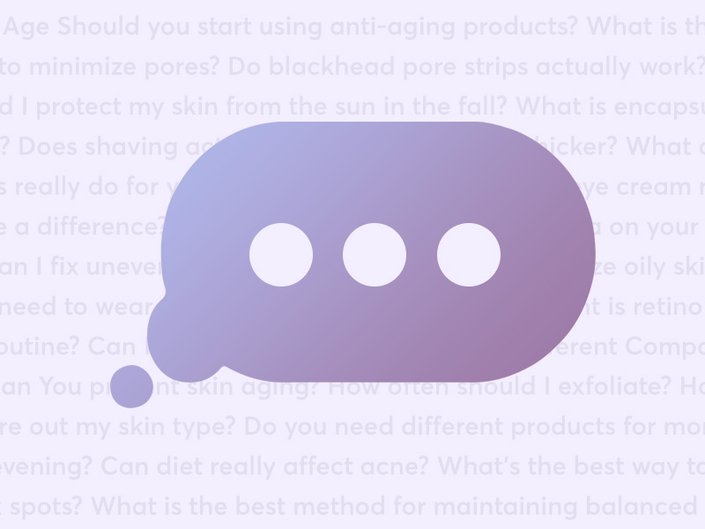
Why Birth Control Is Used as an Acne Treatment
Acne can occur when your hormones fluctuate before and during menstruation. “The right birth control can help maintain a steady estrogen level that may help reduce excess oil production caused by androgens,” says Dr. Shainhouse. She explains that androgens, like testosterone, can lead to clogged pores and inflammation and as a result, acne.
Certain contraceptives have proven sufficiently effective that the U.S. FDA recognizes them as acne treatments. However, oral contraceptives are not safe for everyone, and — although it is beyond the scope of this article — carry a risk of side effects and adverse events. Your doctor can help you determine if oral contraceptives might be an option for you.
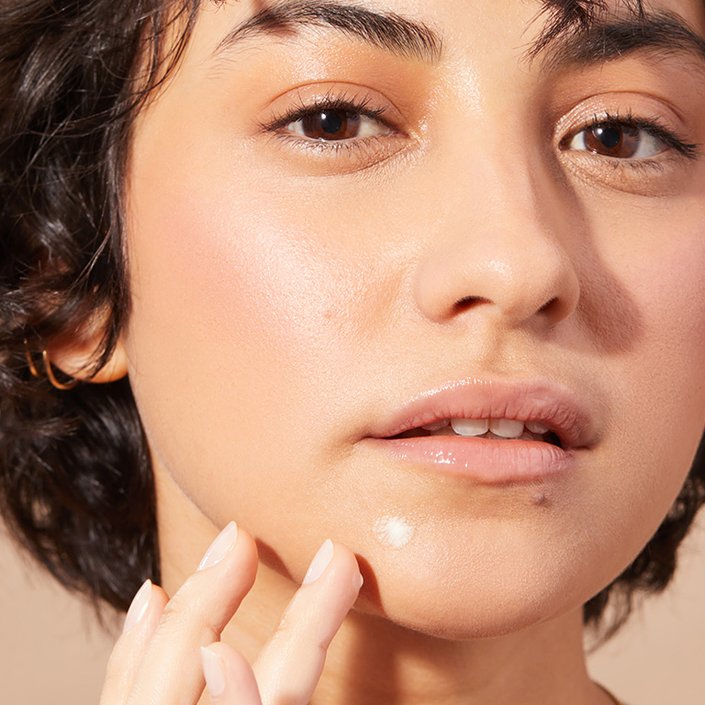
Why Certain Birth Controls Can Cause Acne
Remember, there are a variety of types of birth control pills and treatments. According to Dr. Shainhouse, birth control pills, shots, implants or IUDs that are progesterone-heavy or only contain progesterone, a hormone that is known to stimulate sebum production, can worsen acne.
“There are three oral contraceptives that are FDA-approved for the treatment of acne,” says Dr. Camp. “Each is a combination pill with estrogen and progesterone.” The three are Yaz, Estrostep, and Ortho-Tri-Cyclen. “If acne is not responding to one of these treatments, it may mean a different type of treatment is needed, or other factors are contributing to acne and they are not being addressed,” he says.
Again, always consult with your doctor or dermatologist about the best option for your body and needs.
How Long It Takes Birth Control to Start Improving Acne
With the right oral contraceptive, Dr. Shainhouse says to expect to wait two to three menstrual cycles before seeing an improvement. Until this time, you may experience breakouts as your skin gets used to the hormones.
For best results, Dr. Camp notes that oral contraceptives are often used in tandem with other acne treatments. “These medications work best when they are part of a regimen customized to each patient and their acne concerns with the help of a board-certified dermatologist,” he says.
Alternatives to Birth Control
If you don’t want to take birth control or are ready to discontinue use, there are other medications that are approved for treating acne. “Spironolactone is an oral medication that can provide a similar outcome for many women,” says Dr. Shainhouse. Like oral contraceptives, Spironolactone is a hormonal treatment that is not right for everyone. Consult with your dermatologist to review the potential benefits and risks, and see if spironolactone might be an option for you.
For a topical, over-the-counter option, she suggests incorporating a medicated acne wash into your routine.
*This article, including text, images, and graphics, is offered for informational purposes only. The content is not intended to substitute for professional medical advice, diagnoses, or treatments. Please consult your dermatologist or doctor if you have any skin issues or concerns.
Design: Juliana Campisi
